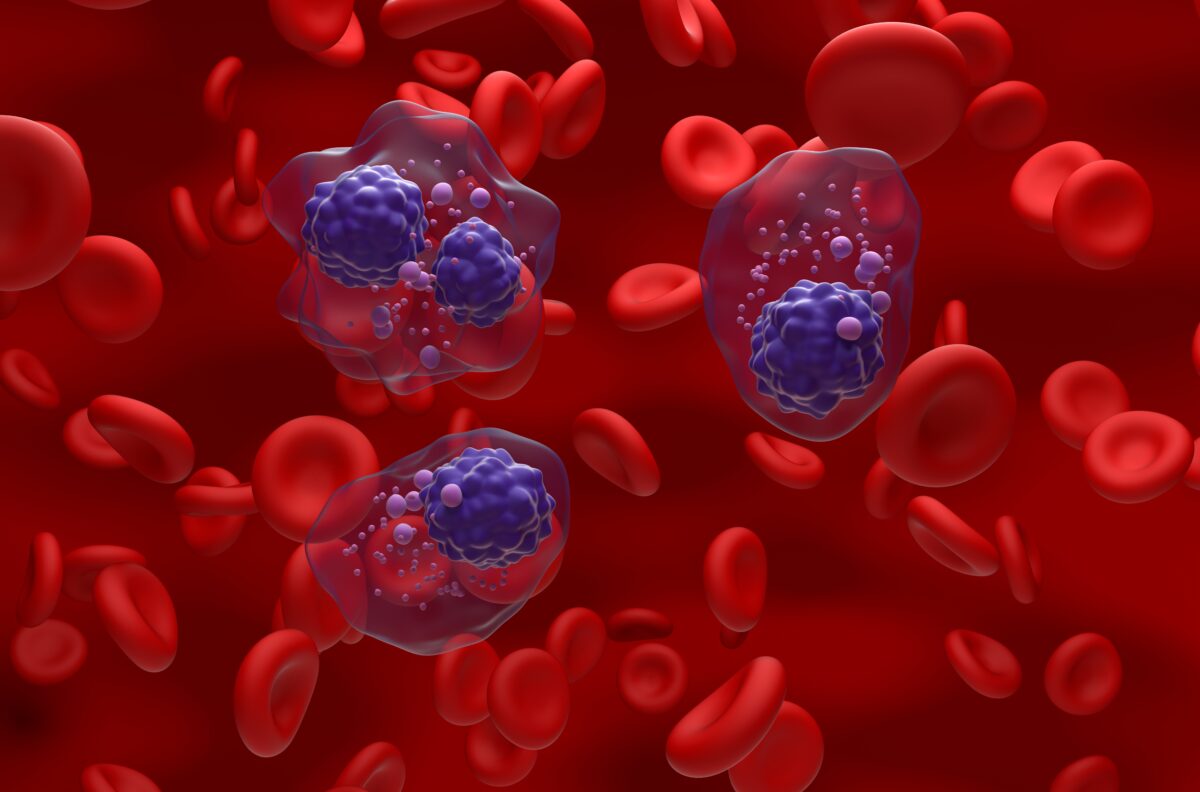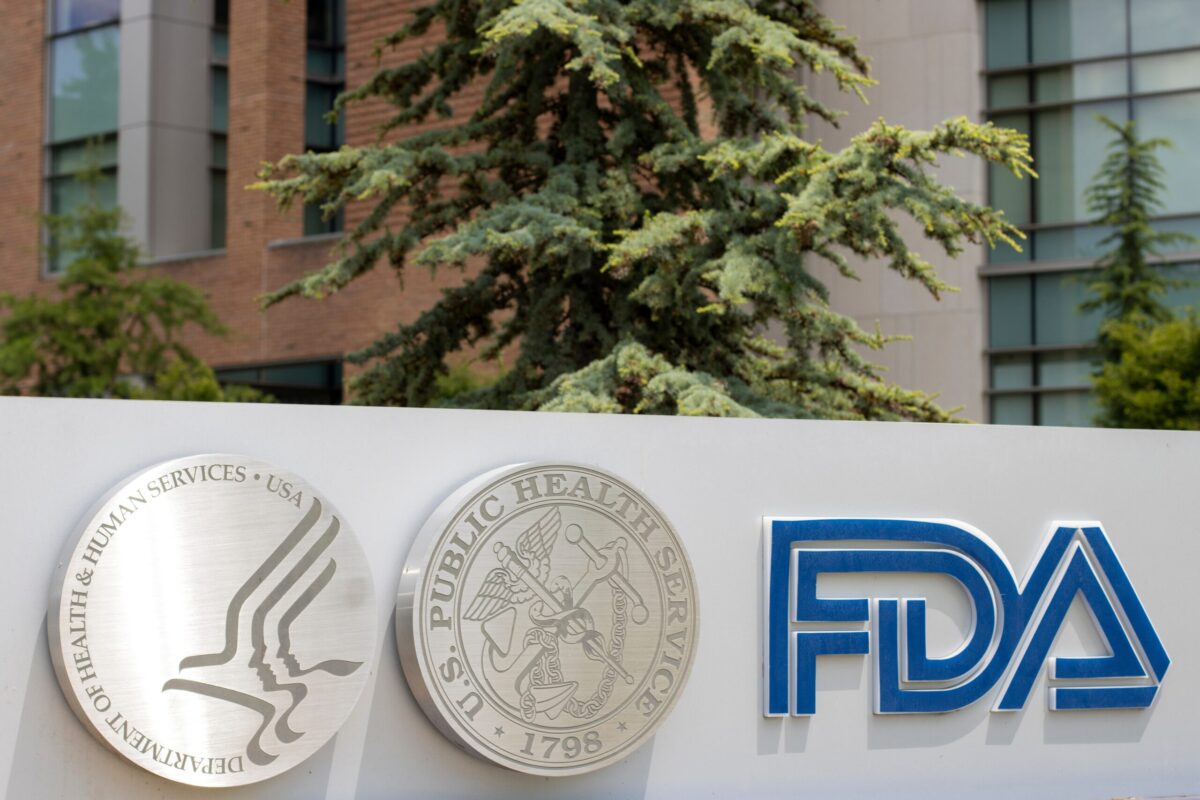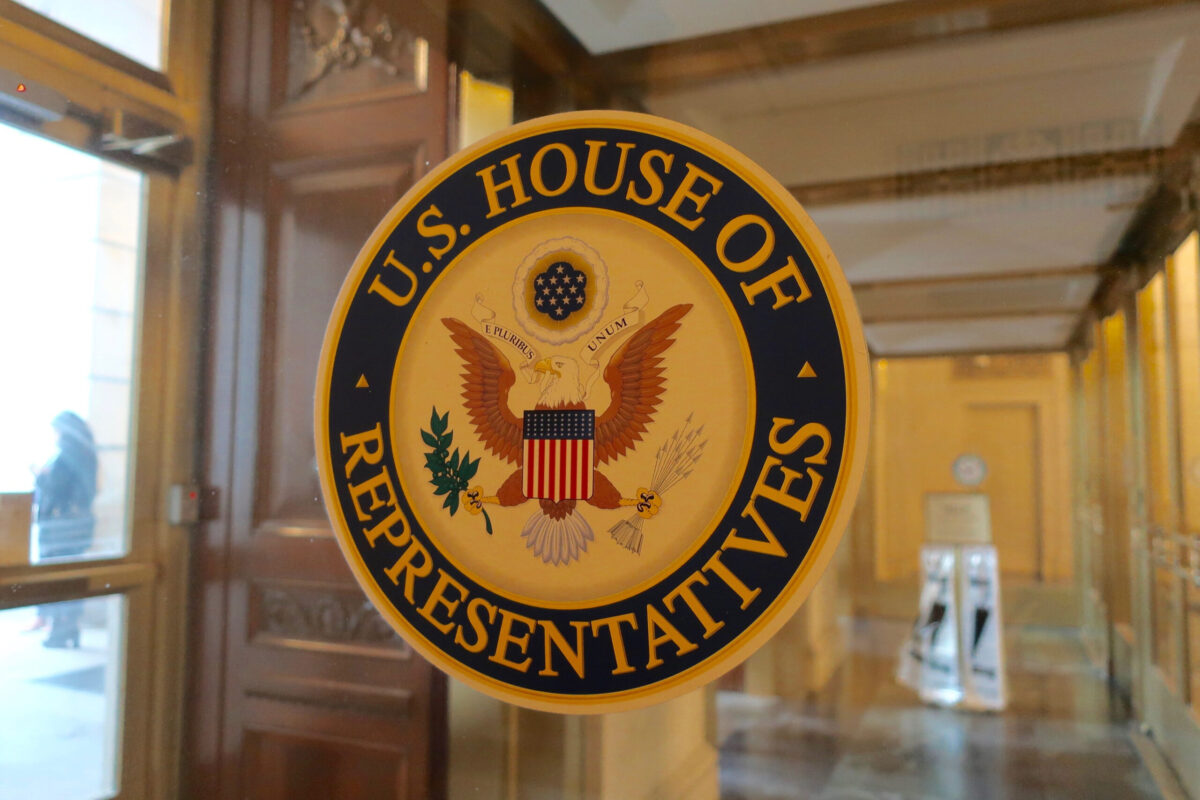A commentary published in The American Journal of Medicine, has attempted to address the possible link between statins – a class of cholesterol-lowing drugs – and diabetes. The article takes a strong stance on the issue, arguing that even if the unproven link was verified, the benefits of statins in preventing heart attacks and strokes far outweighs the minor risk of developing diabetes.
“The totality of evidence clearly indicates that the more widespread and appropriate utilization of statins, as adjuncts, not alternatives to therapeutic lifestyle changes, will yield net benefits in the treatment and primary prevention of heart attacks and strokes, including among high, medium and low risk patients unwilling or unable to adopt therapeutic lifestyle changes,” said Dr. Charles H. Hennekens, professor at the Charles E. Schmidt College of Medicine at Florida Atlantic University, and one of three authors of the article.
In a related editorial, Dr. Joseph S. Alpert, editor-in-chief of the journal, as well as professor of medicine at the University of Arizona School of Medicine, agrees with the main points of the article and further emphasizes the challenges of treating and preventing heart disease. “There is no threshold for low density lipoprotein cholesterol below which there are no net benefits of statins either in the treatment or primary prevention of heart attacks and strokes,” said Alpert.
According to the authors, the possible risk of developing diabetes could prevent doctors from prescribing the drugs to patients who could benefit from treatment. Similarly, patients may refuse or cease treatment with statins if they are not properly informed of the benefits, potentially leading to an increase in preventable deaths due to heart attacks and strokes.
“These public health issues are especially alarming in primary prevention, particularly among women, for whom cardiovascular disease also is the leading cause of death, and for whom there is even more underutilization of statins than for men,” said Hennekens. In 2013, the American Heart Association published new guidelines for the use of statins which included broader use in both prevention and treatment of heart disease. Heart disease is responsible for around 600,000 US deaths per year, according to the Centers for Disease Control and Prevention (CDC).












Join or login to leave a comment
JOIN LOGIN